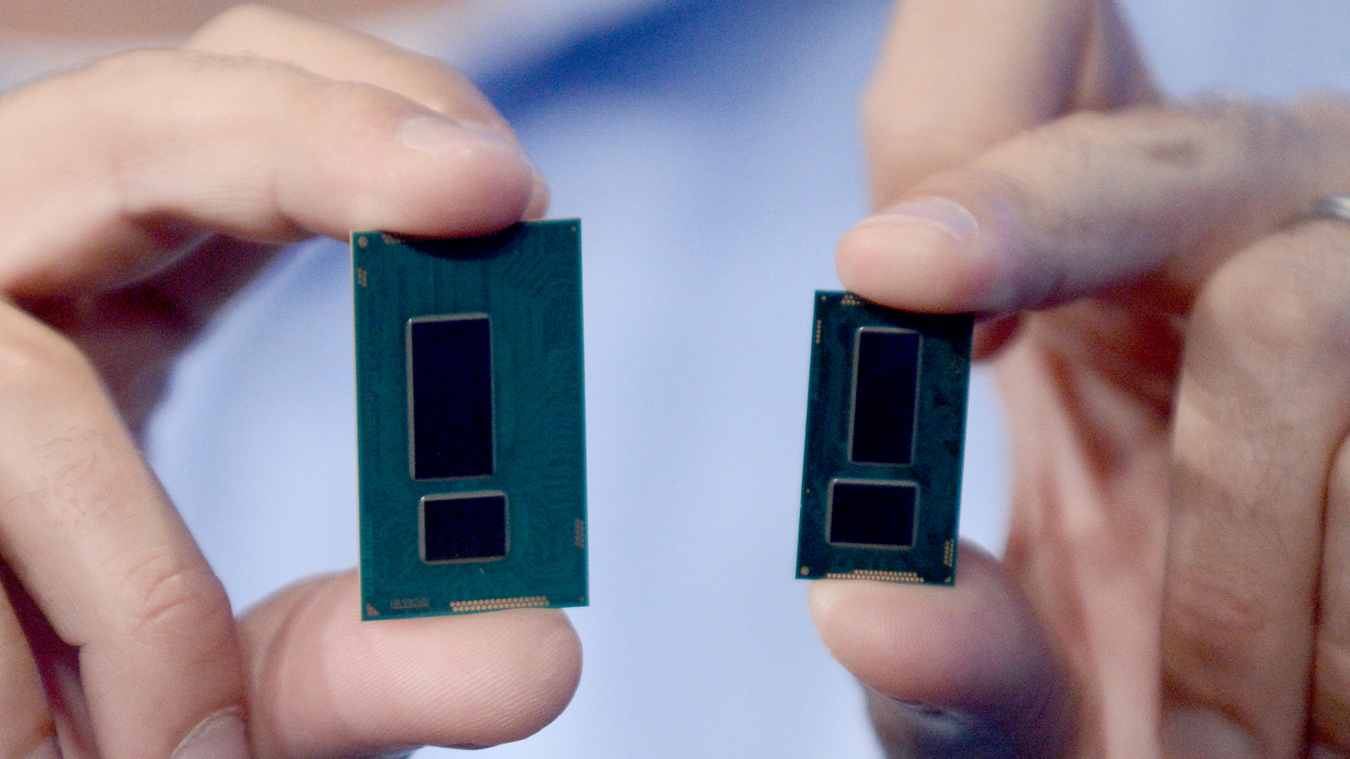Intel takes another stab at mobile with latest executive hire
Chipzilla is on the prowl

Slumping PC sales and a beleaguered mobile strategy is now forcing Intel to look elsewhere for growth. As the company attempts to place its own silicon into devices beyond desktops, laptops and servers, it has picked up an executive from rival Qualcomm in an effort to reorganize its chip-making strategy.
A day after Qualcomm co-President Murthy Renduchintala tendered his resignation from the firm's ARM-based Snapdragon business, Intel announced that he would oversee Intel's processor business. Renduchintala will serve as President of Intel's PC processor and Internet of Things (IoT) divisions under the reorganization.
"Intel's strategy and direction is solid, and we continue to evolve our organizational structure to better position the company for growth," Intel CEO Brian Krzanich said in a statement. "The caliber of leadership and experience Murthy brings to our executive team represents a significant move toward delivering the benefits of our strategy even faster than before."
A strategy set in motion at IDF
Intel's vision for connecting all the gadgets, peripherals and accessories to the internet was laid out earlier this year at IDF 2015, when Krzanich showed off drones, robotic arachnids and 3D world-sensing cameras.
The company showed off its vision for connected wearables, talked about smart diapers and smart car seats and showed off new bicycles with Intel sensors and IoT processors that can help better train athletes at performing tricks and stunts.
New opportunities for Intel
News of Renduchintala's appointment comes a day after Intel boldly predicted that tablets will lose out to two-in-one convertibles.
Intel is bullish of the form factor, and the company recently partnered with Microsoft, Dell, HP and Lenovo on a series of advertising campaigns to highlight Intel's sixth generation Skylake processor, Windows 10 and the appeal of convertibles.
Are you a pro? Subscribe to our newsletter
Sign up to the TechRadar Pro newsletter to get all the top news, opinion, features and guidance your business needs to succeed!
Despite a slump in PC sales, Intel expects hybrid sales to increase in 2016. The company is optimistic about its data-center business and small business segments.
Implications for small businesses
As Intel expands its embedded processor business, small business owners may find new tools to optimize their operations and workflow. This could help pave the way for new sensors and technology to enter the workplace, making it more affordable for SMBs to monitor their operations.
And with more sensors collecting more data, Intel hopes that this will translate to growth in its data center business, as businesses look to store, monitor and analyze collected information.
- Read about the top tech for business in 2016